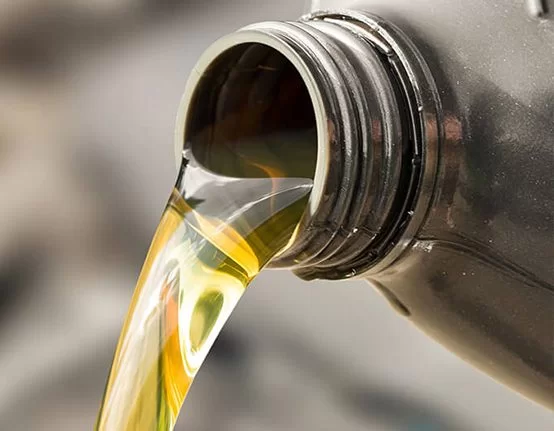Disposing of expired or used cooking oil properly is essential not only for preserving the environment but also for protecting plumbing systems and wildlife. Many people may not be aware of the harmful consequences of improperly discarding used cooking oil, which can lead to significant environmental and infrastructural damage. Cooking oil, when disposed of down drains, toilets, or even in regular trash bins, can create major problems that are often overlooked. When cooking oil is poured down the drain or flushed down the toilet, it solidifies as it cools, forming greasy clogs that can block pipes and sewer systems. These clogs can lead to plumbing issues, requiring costly repairs and maintenance. In severe cases, the grease buildup can cause complete blockages, resulting in overflows that may flood homes or public spaces. Once the oil reaches the municipal wastewater systems, it poses a more significant problem by contributing to fatbergs large, hard masses made from a mixture of oil, grease, and non-biodegradable waste.

These fatbergs can severely damage the infrastructure of sewage systems and, when left untreated, contaminate water sources. Beyond plumbing issues, the environmental consequences of improper disposal are just as alarming. Cooking oil contains high levels of fats and chemicals that, when poured into the environment, can wreak havoc on local ecosystems. For example, when oil is discarded improperly, it can reach water bodies such as rivers and lakes, where it forms a thin, toxic film on the surface. This layer blocks oxygen from reaching aquatic life, suffocating fish and other organisms. The oil can also poison plants and animals that come into contact with contaminated water or soil. Since used cooking oil is often rich in trans fats and other pollutants, its effect on wildlife is both harmful and long-lasting, disrupting food chains and habitats. To minimize the environmental impact of used cooking oil, it is important to find sustainable ways to dispose of it. A simple and eco-friendly method involves recycling the oil.
Used afgewerkte olie can be converted into biodiesel, a renewable energy source that reduces reliance on fossil fuels. Many recycling centers and businesses now accept used cooking oil, turning it into a resource instead of a waste product. Alternatively, some individuals may choose to reuse oil a few times before discarding it. However, when the oil has reached its limit, it should be disposed of correctly. One practical solution is to store used oil in a sealed container and take it to a local recycling facility or collection point. In many communities, these services are available for free or at a minimal cost. Another option is to repurpose cooking oil for non-food uses, such as making soap or using it as a lubricant for machinery. Some people also use expired cooking oil in small quantities as an insect repellent in gardens. For those unable to recycle or repurpose cooking oil, it is essential to never dispose of it in drains or toilets.


